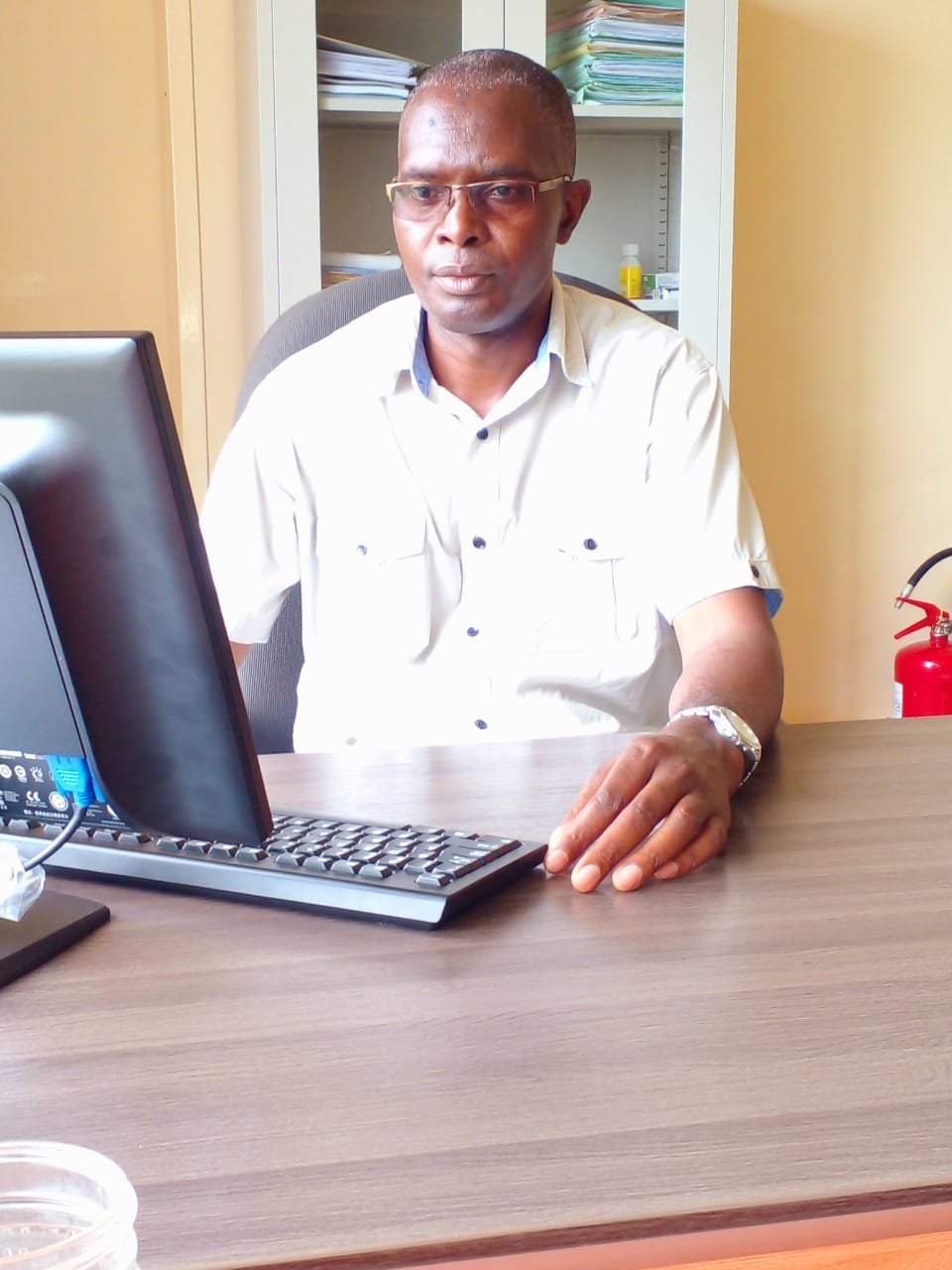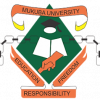
HAKWENDENDA, Phanuel Chuka (Mr.) - H.O.D
Phanuel Chuka Hakwendenda is a lecturer and researcher in the Department of Geography, Environment and Climate Change at Mukuba University. He holds a Bachelor of Arts with Education and a Master of Science in Geography from the University of Zambia. He also holds a certificate in Tree-ring Science and its Applications from the Copperbelt University Africa Centre of Excellence for Sustainable Mining. Phanuel Hakwendenda worked on the project focusing on the effects of the 1992 drought on peasant (small-scale) farmers; case-studying Mumbwa district. He also worked on the project on the interface between the evolving urban land use and the planning of Solwezi urban at the University of Zambia. He is currently working on the project focusing on Climate change resilience through adaptation in ecologically fragile Copperbelt urban mining communities of Mufulira district at the University of Zambia.
ACADEMIC STAFF
Over the past 26 years, Phanuel Hakwendenda has been actively involved in teaching, lecturing, research and community service with various institutions and communities. He has served as a Regional Research Supervisor at Zambian Open University on a part-time basis and has also coordinated research and continuing professional development (CPD) activities at Solwezi College of Education. With more than 10 publications in various subjects of multidisciplinary nature, Phanuel Hakwendenda has proven transdisciplinary expertise in geography, urban studies and planning, environment and climate change, and education. He participated in the development of the 2014 Zambia Primary Teachers’ Diploma syllabuses for Colleges of Education as a co-author of the Social Studies syllabus. He also participated in the development of the 2019 School Experience Toolkit organised by The Open University of United Kingdom, in collaboration with the Ministry of General Education, to support School Experience Supervisors in Zambia.
Phanuel Hakwendenda has also developed various educational materials for students in schools, colleges of education, and Universities and has participated in program development of undergraduate students at Mukuba University. His work focuses on geographical and environmental studies, urban studies and planning, climate change, and education.
RESEARCH INTERESTS
- Environment & development
- Hazards & disaster management
- Land use & forest cover change (LULCC)
- Integrated water resources management (IWRM)
- Water energy food (WEF) nexus
- Wetlands & their ecosystem services &livelihoods
- Geographical information system (GIS) &remote sensing.
DEPARTMENT OF GEOGRAPHY, ENVIRONMENT AND CLIMATE CHANGE
Preamble
The Department of Geography, Environment and Climate Change (GECC) is one of the departments in the School of Mathematical and Natural Sciences of Mukuba University. The department is a relatively new one having come into effect on the 2nd of March 2020, under the original name of Geography Department, in order to offer undergraduate and [post]graduate programs and short courses to students in area of geography. Later on, however, the department was renamed as the Department of Geography, Environment and Climate Change (GECC) in order to take into account the emerging issues of climate change and the environment and subsequently to offer additional courses in the new thematic areas. Thus, three interrelated components or themes can be derived from the department’s name namely; geography, environment and climate change. Therefore, all departmental programs and short courses are centred around these three important themes.
Vision
To be recognized as an outstanding department that works to understand, explain and improve communities spatially and human and environmental conditions geographically.
Mission Statement
The department’s mission is to provide comprehensive higher education, geographical and environmental knowledge, and workforce training programs and services of high quality that meet individual, business, and community needs.
Goal
The goal of the department is to:
1. Offer comprehensive and enriched undergraduate and postgraduate programs in geography, environment and climate change;
2. Encourage and strengthen the utilization of a broad range of technologies, methods, materials, and facilities, within instructional and support services that accommodate students of diverse backgrounds, interests and abilities;
3. Create an environment that facilitates learning through a curriculum that broadens perspectives, leads to responsible citizenship, and sets standards that support the highest level of performance;
4. Champion the university’s vision of seeking a world-class research and STEM institution status by faithfully serving the industry and enriching communities by making available evidence-based resources and information.
Objectives
By the time they graduate, students of geography environment and climate change should be able to:
1. use and articulate concepts that are fundamental to a geographical perspective;
2. Examine critically a range of thematic problems and evaluate geographic questions within a range of epistemological frameworks;
3. Develop and use basic geographic skills and evaluate different forms of geographic evidence;
4. Select and implement geographic methods that are appropriate to answer given questions in space and time;
4. Design and carry out independent geographic research that demonstrates an understanding of how geographers ask questions, collect evidence, use methods to analyse and contextualize their investigation and findings in relation to philosophical, theoretical and conceptual framework.
Core Values
Hard Work, Excellence, Integrity, Responsibility, Accountability, and Community Service
ENROLLMENT
Currently, the Department of GECC has over 80 students enrolled in the program on both regular and Open and Distance Learning (ODL) modes. The department hopes to have more students enrolled in the other undergraduate and [post]graduate programs, which are being developed.
STAFFING
Currently, the department of GECC has three (3) fulltime and one (1) part-time members of staff specialized in any one of the following thematic areas: geography, environment, and climate change.
CAREER OPPORTUNITIES
The department offers a wide range of career paths for graduates in the following areas:
1.Institutes offering basic and higher education training and research; planning in municipal councils and local authorities; working in extractive industries; and the general application of geographical knowledge and skills in practice.
2.Government departments involved with environmental issues, forestry, fisheries, climate change, agriculture, land reforms and rural development, water affairs and sanitation, and tourism.
3. Working in environmental analysis, law, standards, management systems, and auditing as environmental experts and consultants.
4. Working in private sector institutes such as transport and civil engineering, town and regional planning and landscape architecture as environmental experts and professionals.
5.Working in other private sectors such as real estate, architectural and engineering firms, banks, tourism organisations, NGOs, environmental agencies like ZEMA and other institutes like ZESCO, and planning firms.
PROGRAMS OFFERED
UPCOMING PROGRAMS
Bachelor of Science – Environmental Management and Ecotoxicology (B.Sc. EME)
Bachelor of Science – Geography and Environmental Science (B.Sc. GES)
Master of Science – Climate Change and Environmental Management (M.Sc. CCEM)

